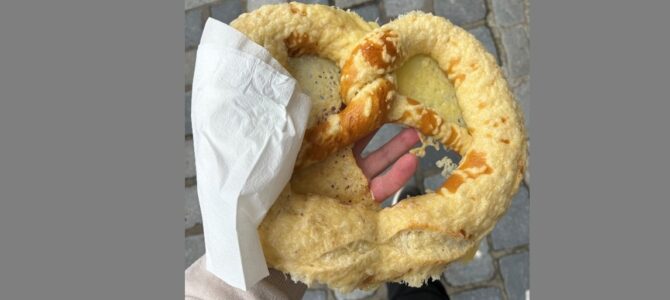by Luke Silver (Post-doc)
In August of 2024 I had the exciting opportunity to undertake a three-month research stay in the Institute of Evolutionary Ecology and Conservation Genomics at Ulm University. So how did this come about?
Professor Simone Sommer was one of my thesis reviewers and she reached out to Kathy and Carolyn with an opportunity to combine my skillset in genomes and MHC annotation with some newly generated bat sequences. So at the start of August, I departed Sydney for an almost 30 hour journey to the city of Ulm (about 1 hour west of Munich) in southern Germany. Upon arrival at Ulm train station, I was met by a postdoc Dr Dominik Melville who showed me to my accommodation for the next three months. With no German language knowledge, I headed to the supermarket and managed to annoy the person at the register by not pre-weighing my fruits and vegetables – just one of many times that having some German language skills would have come in handy.
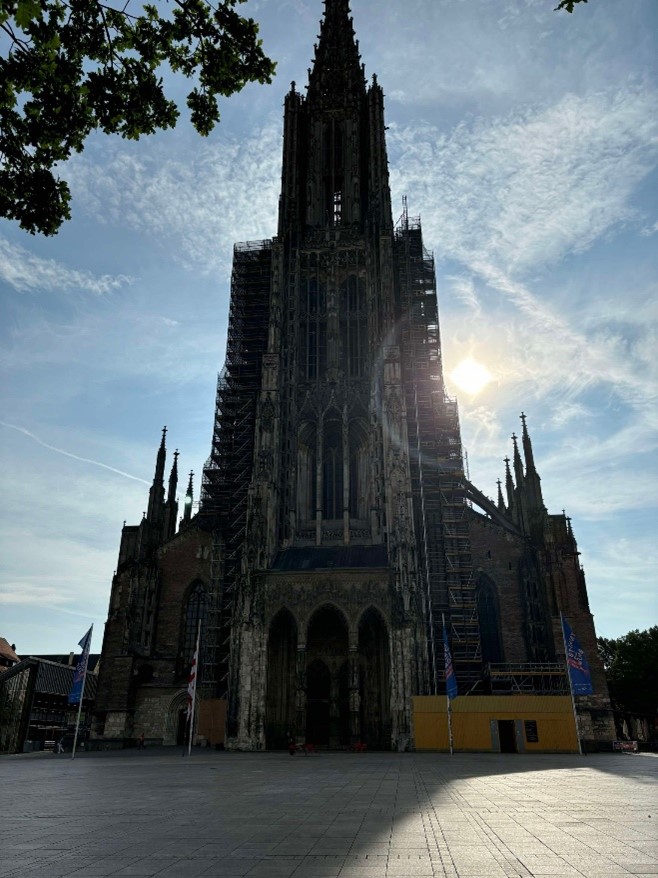
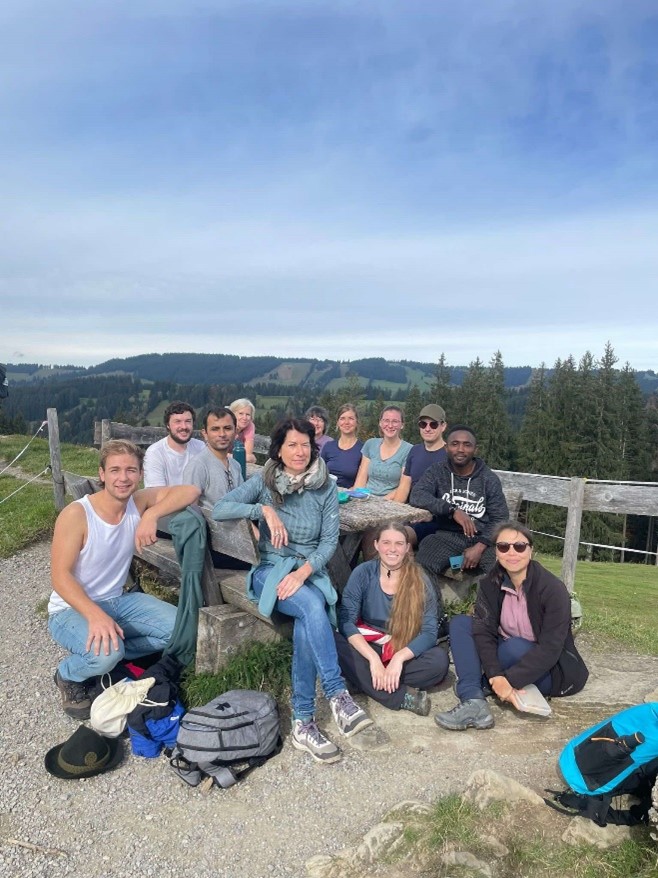
The purpose of my visit was to manually annotate genes of a crucial immune gene family known as the major histocompatibility complex (MHC) in bats. These genes form molecules with are expressed on cell surfaces and are responsible for detecting self and non -self and presenting foreign pathogen derived peptides to other cells of the immune system. We were able to leverage the recently released data from phase 1 of the Bat1K project (a consortium that aims to sequence the genomes of all living bat species around the world).
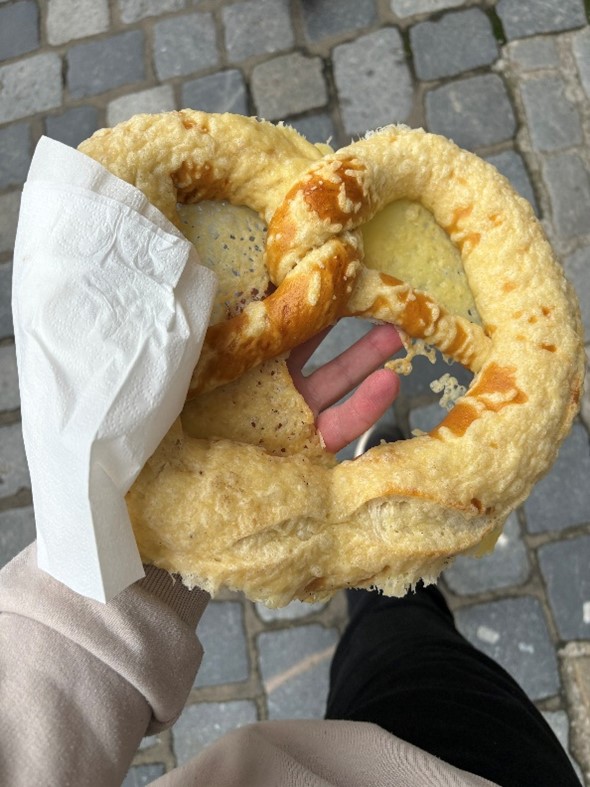
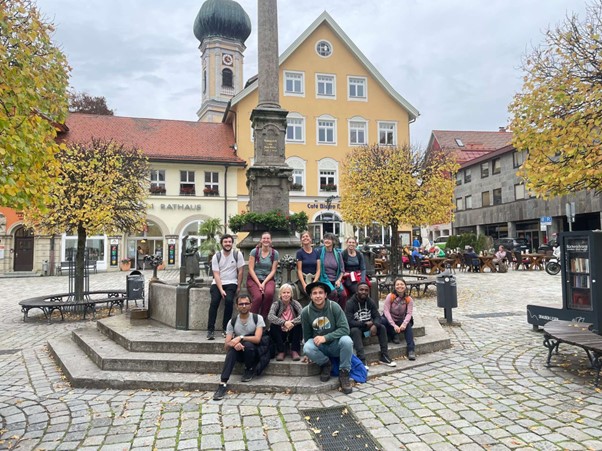
I also managed to find time to sample plenty of the local delicacies of beer and pretzels and to travel in the local area including to the beautiful Lake Konstanz, Stuttgart, Nuremberg, Vienna, Salzburg and Prague. This is just a small example of how science can lead to new and exciting experiences and opportunities.
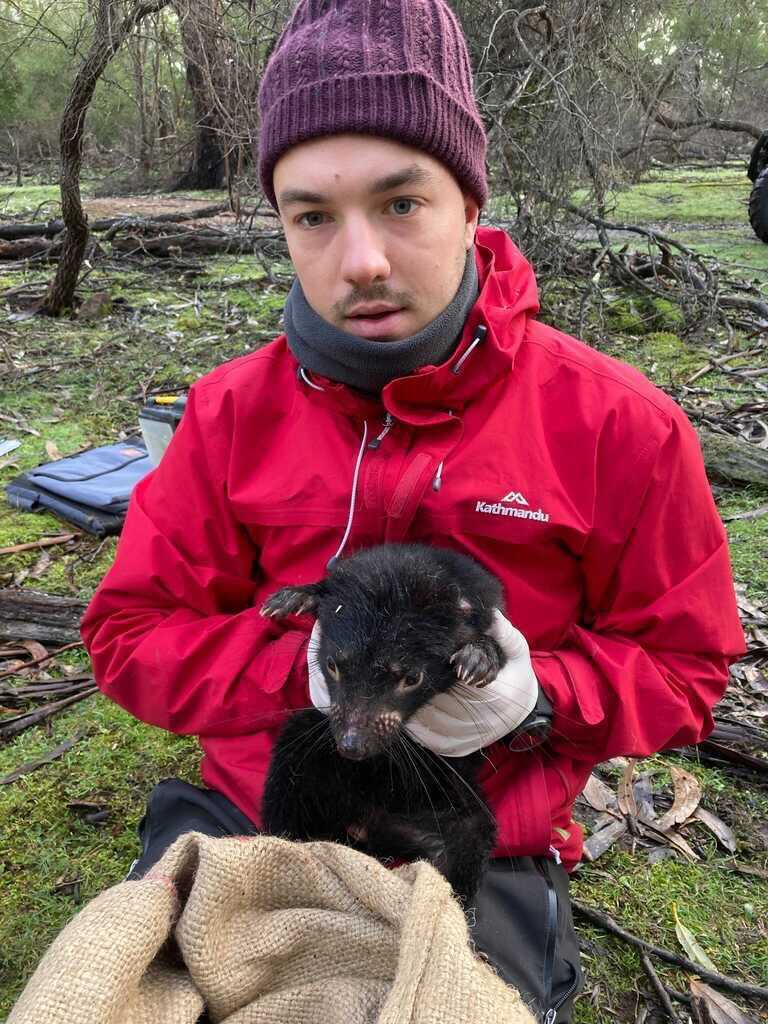
Dr Luke Silver’s research is focused on generating and using genomic and transcriptomic resources for threatened Australian species. He used these resources to investigate the evolution of the immune system and study how diversity within immune genes is linked to disease traits. He has experience in characterisation of complex immune gene families, in particular the major histocompatibility complex which is a key component of the adaptive immune system
